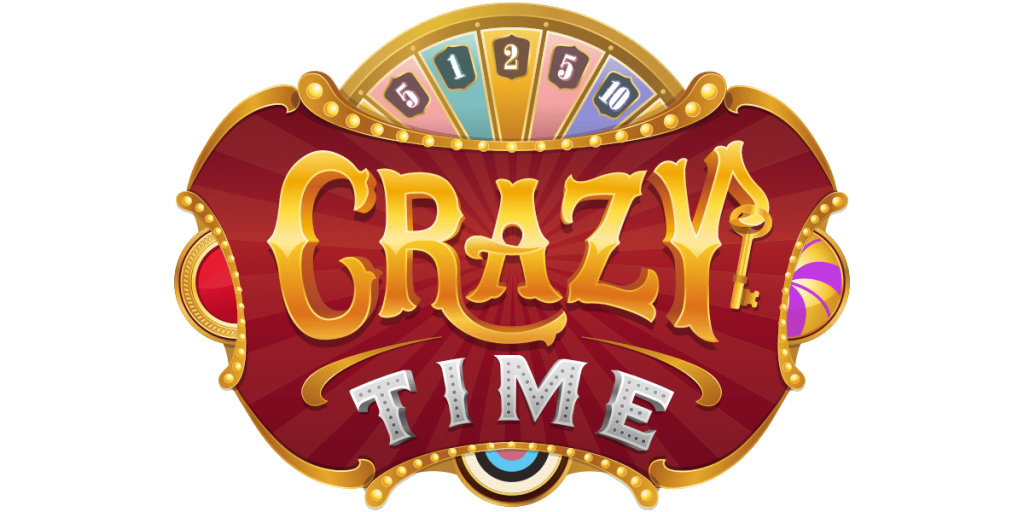Spirit Mountain Casino: Spirit Mountain Casino is one of the most prominent gaming and entertainment destinations in the Pacific Northwest. Nestled in the scenic Willamette Valley of Oregon, it is more than just a casino — it is a symbol of cultural heritage, economic resilience, and tribal sovereignty.
Spirit Mountain Casino: In this article, we’ll explore:
- Who owns Spirit Mountain Casino
- The historical context behind its development
- Operational details and economic impact
- Amenities and attractions
- Tables summarizing ownership, employment, and revenue details
Spirit Mountain Casino: : The Confederated Tribes of Grand Ronde
Spirit Mountain Casino: At the heart of Spirit Mountain Casino lies a deeply rooted connection to the land and its people. The casino is owned and operated by the Confederated Tribes of Grand Ronde, a federally recognized tribe in Oregon.
Who Are the Confederated Tribes of Grand Ronde?
The Confederated Tribes of Grand Ronde are composed of more than 30 Native American tribes and bands, including:
- Kalapuya
- Rogue River
- Molalla
- Chasta
- Umpqua
- Tillamook
- Clackamas
- And others from western Oregon, southwestern Washington, and northern California
They were forcibly relocated in the 1850s to the Grand Ronde Reservation in Oregon under treaties with the U.S. government.
Table 1: Key Facts About Ownership
| Category | Details |
|---|---|
| Casino Name | Spirit Mountain Casino |
| Owner | Confederated Tribes of Grand Ronde |
| Location | Grand Ronde, Oregon |
| Year Opened | 1995 |
| Type of Enterprise | Tribal Gaming |
| Operated By | Spirit Mountain Gaming, Inc. (tribally chartered) |
Historical Context: From Displacement to Sovereignty
For generations, Native American tribes across the U.S. were subjected to land loss, broken treaties, and forced assimilation. However, the passage of the Indian Gaming Regulatory Act (IGRA) of 1988 marked a turning point, allowing tribes to operate casinos on tribal land as a means of self-sufficiency.
The Confederated Tribes of Grand Ronde took advantage of this opportunity and established Spirit Mountain Casino in 1995 to generate revenue, create jobs, and fund social services for tribal members.
Operational Scope and Economic Impact
Spirit Mountain is not a small-scale gaming hall; it is a full-service resort and one of the largest casinos in the Pacific Northwest. The casino has helped transform the regional economy and uplift the Grand Ronde community.
Facilities Include:
- 90,000+ sq ft gaming floor
- 2,000+ slot machines
- Table games: blackjack, roulette, craps, poker
- Luxury hotel and spa
- Multiple restaurants and bars
- Concert venue and event spaces
Table 2: Economic and Operational Overview
| Metric | Estimate/Details |
|---|---|
| Annual Visitors | 2.5 million+ |
| Slot Machines | 2,000+ |
| Table Games | 20+ |
| Hotel Rooms | ~250+ |
| Full-Time Employees | 1,000+ |
| Economic Impact (Annual) | Over $125 million to regional economy |
| Revenue Use | Healthcare, education, housing, elder care |
Revenue Distribution and Tribal Benefits
Unlike commercial casinos, Spirit Mountain’s profits go directly back to the tribal community. Revenue is reinvested into a wide range of services for tribal members and the broader local economy.
Revenue Supports:
- Education Programs: Scholarships, K-12 support, language revitalization
- Healthcare Services: Clinics, mental health services
- Housing Assistance: For low-income or elderly members
- Elder Programs: Meals, community centers, cultural activities
- Land Reacquisition: Reclaiming ancestral lands
Table 3: Revenue Allocation Breakdown
| Area of Investment | Approximate Percentage of Net Revenue |
|---|---|
| Education | 20% |
| Healthcare | 25% |
| Housing | 15% |
| Elders & Culture | 15% |
| Infrastructure & Admin | 10% |
| Economic Development | 15% |
Note: These figures are illustrative based on common tribal revenue models; exact figures may vary annually.
Cultural Preservation Through Enterprise
Spirit Mountain isn’t just a place for gambling — it’s a cultural hub. The casino frequently hosts tribal ceremonies, art exhibits, and cultural events that showcase Native heritage.
The Spirit Mountain Community Fund, established by the casino, donates millions annually to nonprofit organizations across Oregon that align with tribal values, focusing on education, arts, the environment, and public health.
Challenges and Future Outlook
Like all major enterprises, Spirit Mountain faces challenges:
- Market Competition: Other casinos and online gaming platforms
- Economic Downturns: Affect discretionary spending
- Cultural Balance: Navigating commercial growth with cultural integrity
Despite these, the casino continues to innovate, exploring sustainable practices, renewable energy investments, and further diversification of tribal enterprises.
Conclusion: A Model of Sovereignty and Success
Spirit Mountain Casino is a powerful example of how Indigenous communities can reclaim agency through enterprise. Owned and operated by the Confederated Tribes of Grand Ronde, the casino has become a pillar of economic development, cultural preservation, and self-governance.
It’s not just about gaming — it’s about sovereignty, legacy, and community empowerment.

